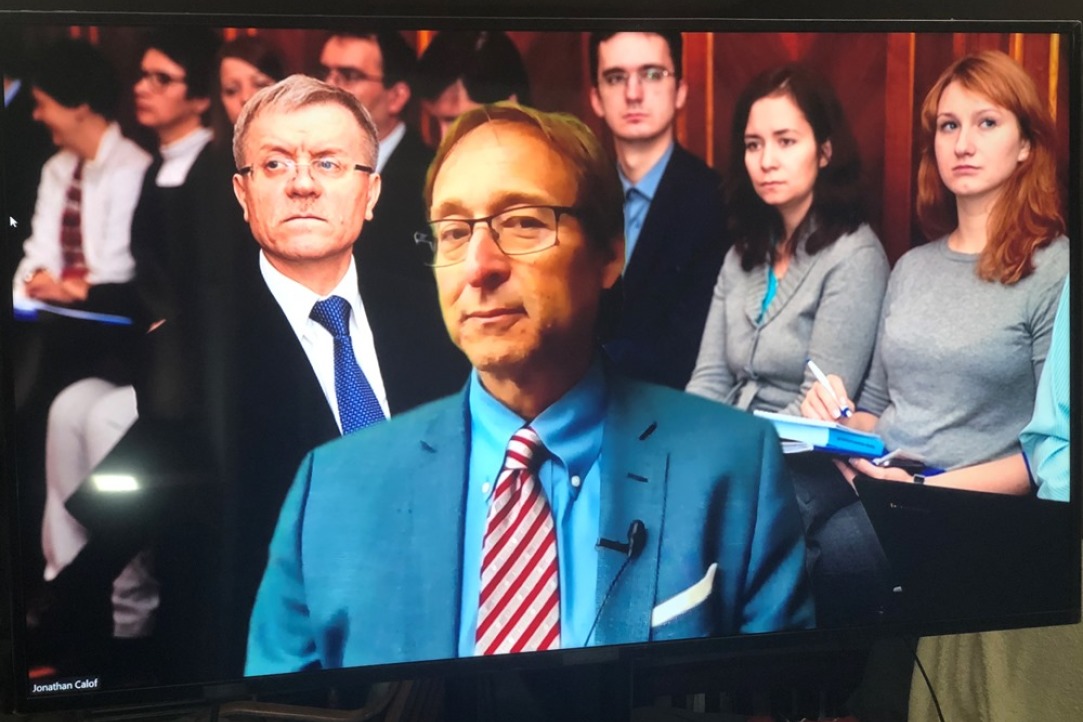
'I Hope That I Will Be Able to Travel to Moscow to Be with My HSE Colleagues and Friends Soon'
Jonathan Calof has been cooperating with HSE since 2009. In an interview with HSE News Service he talks about how his involvement with HSE began, what projects he has been part of, and how he has organized his online work during the recent lockdown.
.jpg)
Joint Seminar of HSE Faculty of Biology and Biotechnology and George Mason University
First-year undergraduate students of the HSE Faculty of Biology and Biotechnology took part in an online seminar at George Mason University (USA). The seminar was part of the Coronavirus Research Update summer course, taught by Professor Ancha Baranova.
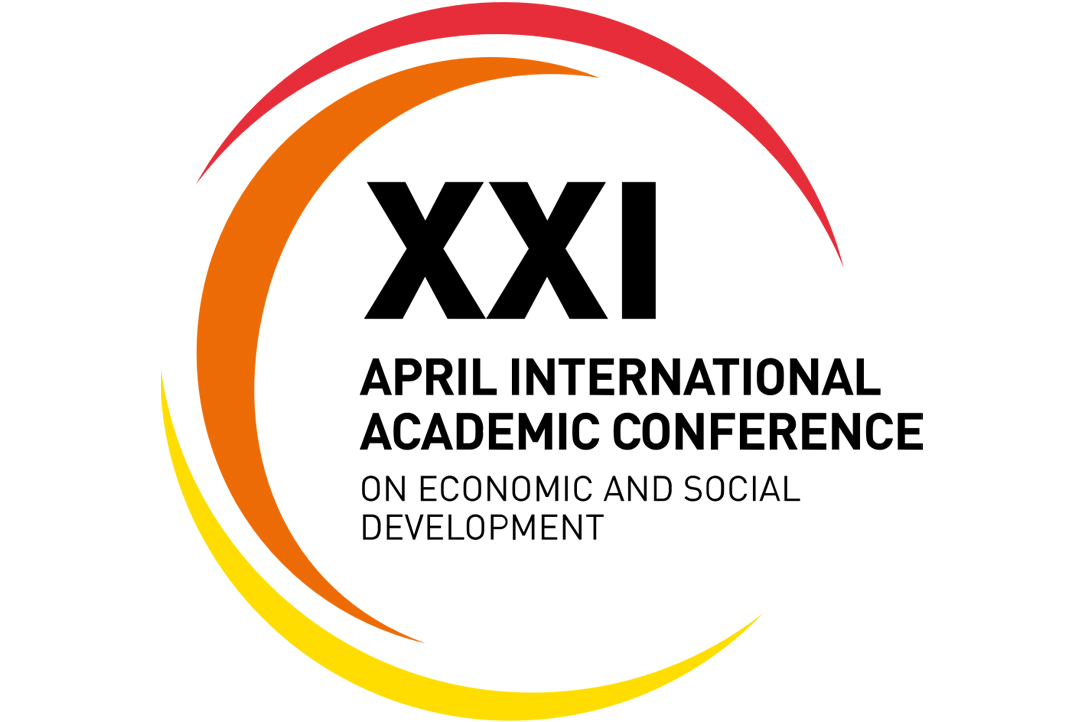
HSE Wraps Up Its First April Conference to Be Held Online
As it entered its third decade of existence this year, HSE University’s annual April Conference experienced a first: it was held in an online distributed format. HSE News Service spoke with organizers and participants about the event.
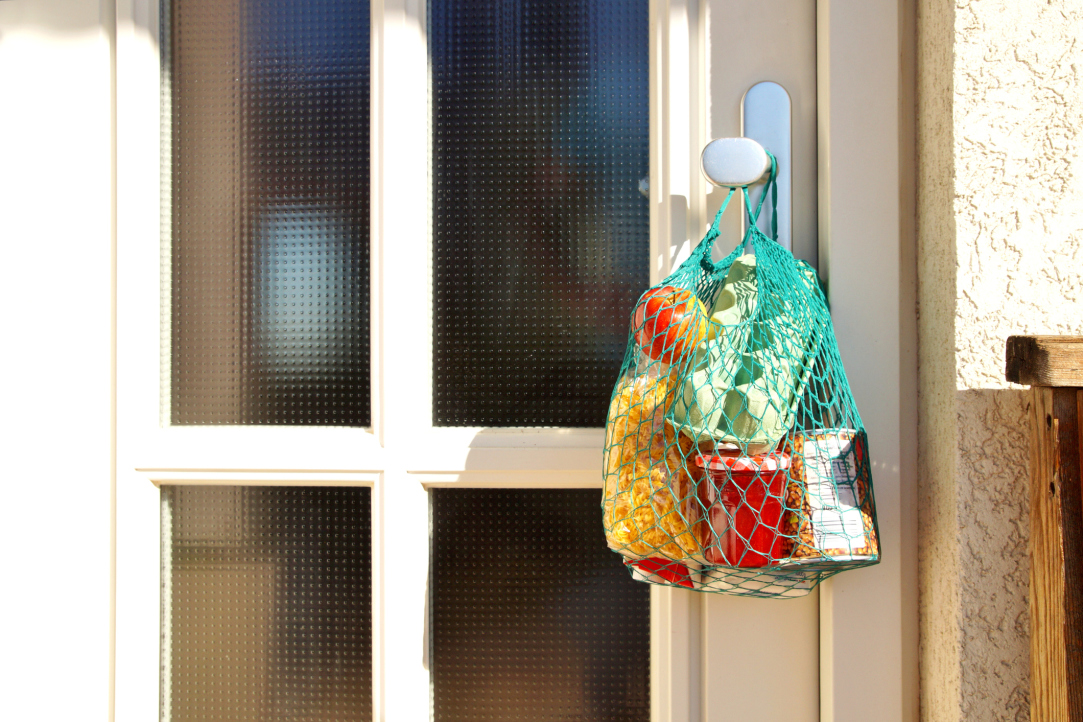
Income, Poverty and Employment in the Age of COVID-19: Anti- and Post-crisis Social Protection Policies
Many countries discovered that their social support systems were unprepared to respond quickly to the coronavirus crisis and that emergency measures were needed to protect incomes and jobs. This was the message that experts of the HSE Institute for Social Policy, Financial Research Institute (FRI) and World Bank delivered at a joint seminar.
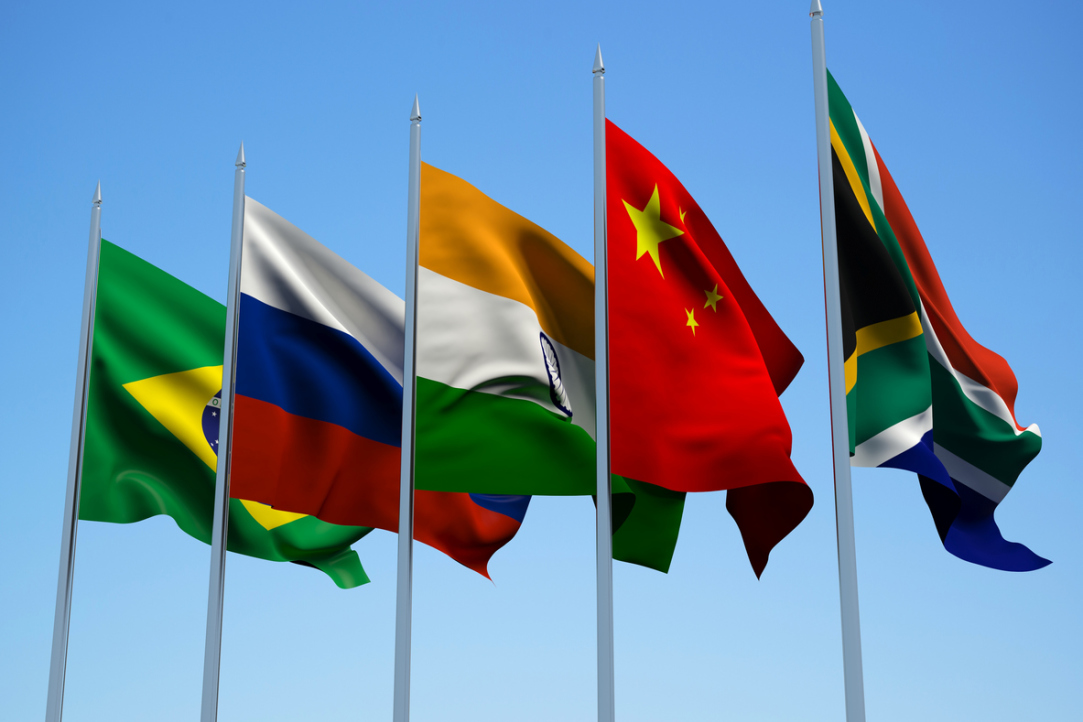
From Moscow to Brazil, South Africa, and China: Panelists Discuss Challenges and Potential for BRICS Countries in the Global Economy
On May 14, as part of the ‘World Economy’ session of the XXI April Conference 2020 an online panel attended by representatives of BRICS Network University took place. The session was devoted to the topic ‘BRICS Countries in the Global Economy’.
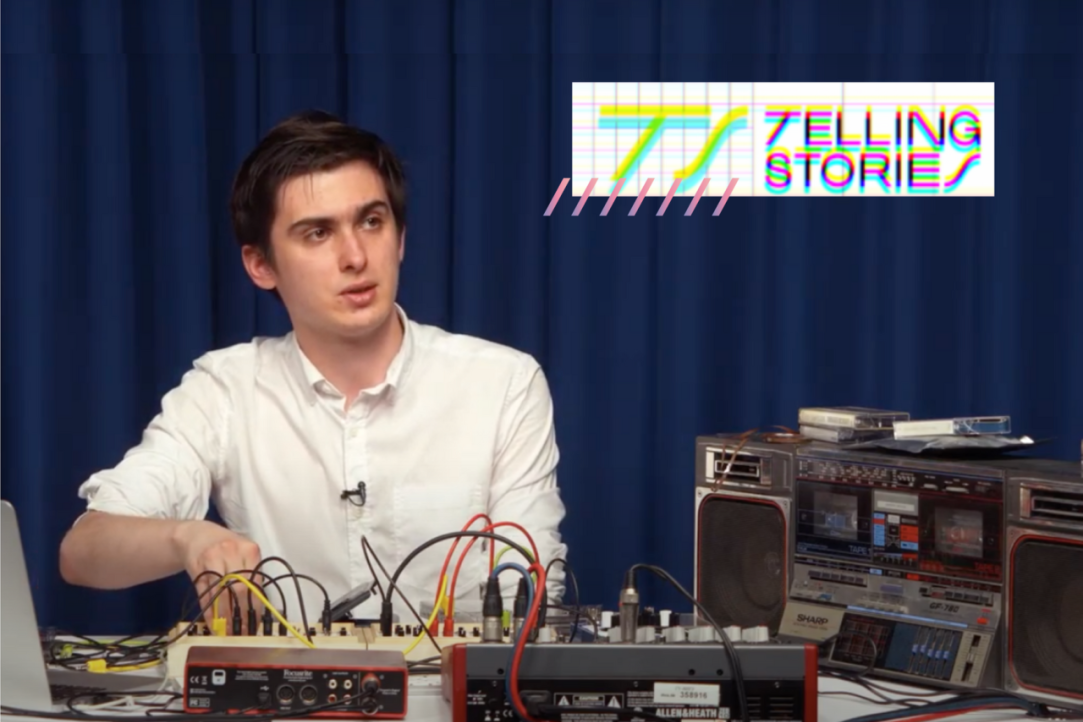
Experts Discuss Media, Art, Fashion, and Education at Telling Stories Festival 2020
What does the post-COVID future have in store for museums, universities, and the media? Does big data protect us or pose a threat? What are the prospects for fashion shows, cinema, and theaters? How are different generations experiencing the pandemic? These and other issues were discussed at the annual festival of communications, design, and media.

‘It’s about the “Moral Stability” of the Economy’
HSE experts participated in the first international online forum, ‘The World, Post-Coronavirus: A View from the Heart of Eurasia’, which was held on April 28 in Ufa on the initiative of the Bashkortostan government. Scholars, businessmen, and politicians from different countries discussed threats, opportunities, and solutions for the economy and the social sphere.

Scientists Are Taking Their Research Seminars Online
The first research seminar of the International Laboratory of Statistical and Computational Genomics had been postponed almost a month due to COVID-19. In April, however, the event finally took place. Laboratory Head Vladimir Shchur discusses what life is like for scientists in self-isolation during the pandemic, what genomics is, and why gesturing is important when teaching online.

Countries Strengthen Scientific Cooperation in Response to Coronavirus Pandemic
The OECD Committee for Scientific and Technological Policy (STP) held its first meeting of the year in early April. HSE staff members Mikhail Gershman, Dirk Meissner and Elena Sabelnikova joined Ministry of Education and Science representatives as members of the Russian delegation to the event. Here, they explain which approaches participants discussed for combating the coronavirus and for preventing other global crises.

‘No One Expected Online Education to Receive Such a Powerful Impetus for Further Development’
On March 17, the Institute of Education hosted its annual seminar dedicated to issues in education. This year’s seminar addressed the topic, ‘Higher Education during an Epidemic: The Possibilities of Digital Technology’. For the first time in eight years, the seminar participants—representatives of Chinese, American, and Russian universities—participated in the event remotely.


Deadline for submitting applications is November 7, 2025